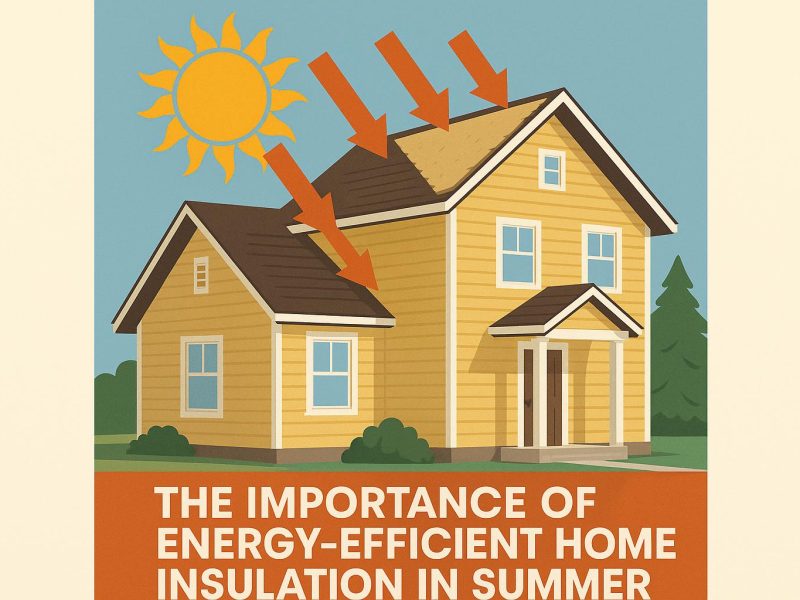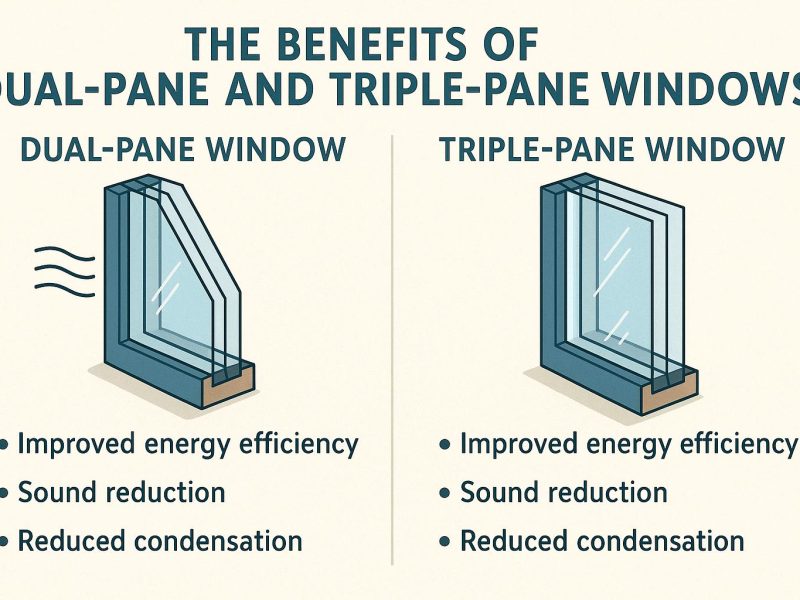Understanding Energy-Efficient Water Heaters
Water heaters are fundamental in both residential and commercial environments, offering the essential warmth required for everyday tasks such as bathing, cooking, and cleaning. The decision between tankless and traditional systems is crucial, particularly regarding their energy efficiency and cost-effectiveness.
Tankless Water Heaters
Tankless water heaters, often referred to as on-demand water heaters, are designed to provide hot water directly without necessitating a storage tank. When a hot water tap or fixture is activated, cold water immediately enters the unit, where it is rapidly warmed through electric or gas heating methods.
Energy Efficiency
One of the standout features of tankless water heaters is their remarkable energy efficiency. In traditional units, energy is often wasted through standby heat loss, which occurs as water is continually reheated within a tank. Tankless systems eliminate this inefficiency by heating water solely when it is needed. Data from the U.S. Department of Energy indicates that tankless water heaters can boost energy efficiency by 24%–34% for households utilizing 41 gallons or less of hot water daily, compared to conventional systems. Their design not only conserves energy but also contributes to reducing utility costs over time.
Cost Considerations
Although tankless water heaters offer substantial energy savings, they are often associated with higher initial costs. The installation might necessitate modifications in the home’s existing infrastructure, such as upgrading gas lines or installing specific venting systems. Despite these upfront expenditures, the reduction in energy bills over time can provide a financial offset. Homeowners should weigh these long-term savings against the initial investment to determine the best choice for their situation.
Traditional Water Heaters
Traditional water heaters, known as storage water heaters, are prevalent in many homes today. They feature a tank that retains water at a constantly heated temperature, ensuring a ready supply for use at any moment.
Energy Efficiency
Traditional storage systems are generally less energy-efficient due to their propensity for higher energy losses, attributed to the need for maintaining the temperature of a tank full of water. This process results in “standby heat loss,” where energy is consumed even when no hot water is being used. However, advancements in water heater technology have led to improvements in insulation and the incorporation of heat traps in newer models, enhancing their overall energy efficiency. These enhancements make traditional heaters a viable option, particularly where hot water demand is consistent and predictable.
Cost Considerations
The initial acquisition and installation of traditional water heaters are typically less expensive compared to tankless systems. Additionally, their maintenance and any required repairs are usually more straightforward and less costly. These factors contribute to making traditional water heaters a more accessible and practical choice for many households, particularly those with budget constraints or immediate hot water needs.
Comparative Analysis
When contemplating the choice between tankless and traditional water heaters, it’s imperative to assess the specific demands of your household or commercial environment. For households where simultaneous use of hot water occurs frequently, traditional systems may offer more practicality due to their larger storage capacity. On the other hand, tankless systems cater well to smaller families or installations with limited space, where energy savings and a compact design are prioritized.
Conclusion
Selecting the appropriate water heater system requires balancing factors such as installation and energy costs alongside the usage requirements of your living or commercial space. Staying informed about the latest technological advancements in both tankless and traditional systems can facilitate a more educated decision-making process. Utilizing resources such as the Energy Star program can offer additional valuable insights into energy-efficient selections for your home. These resources enable consumers to explore and understand various water heating options, contributing to more sustainable energy consumption and cost savings in the long run.



